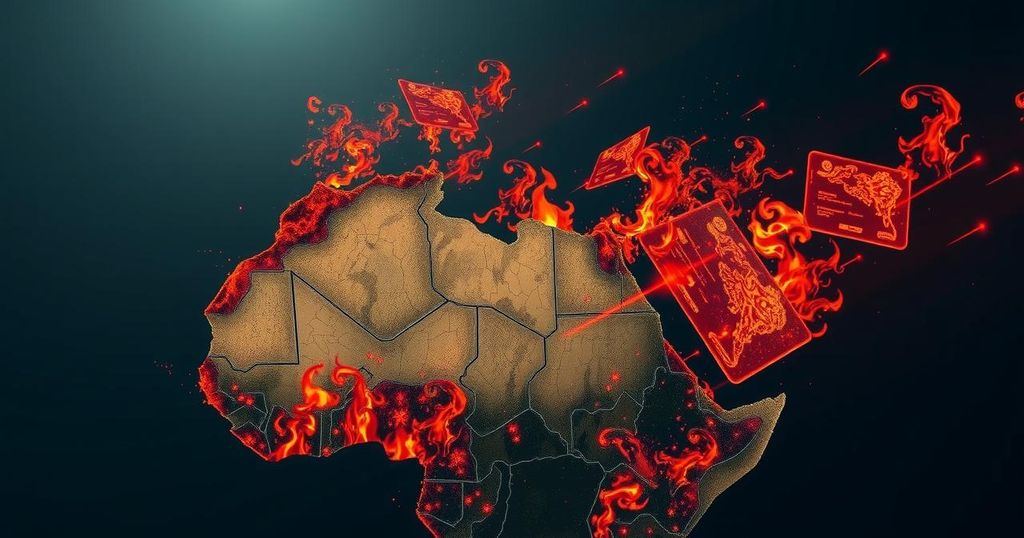Tensions in the Tigray region of Ethiopia are escalating as Eritrean troops control parts of Ethiopian territory, raising fears of potential conflict. Military activities by Eritrean forces, including surveillance and abductions, are causing alarm. Tsadkan Gebretensae, the interim vice-president of Tigray, has warned that without restraint, the situation could lead to war.
Tensions are mounting in the Tigray region of Ethiopia as Eritrean soldiers maintain a significant presence across the border, causing growing fears of a potential conflict. A soldier stationed in Tigray has observed Eritrean forces encroaching further into Ethiopian territory, raising alarms about their activities, including surveillance and abduction of locals. Tsadkan Gebretensae, the interim vice-president of Tigray, has acknowledged the fragile situation, emphasizing the urgent need for restraint from both sides to prevent escalation into warfare. He stated, “Let them not start a war and we shall not go to war,” underscoring the precarious balance that currently exists between these forces and the implications that an outbreak of violence could have on the region.
The unravelling of peace in Ethiopia follows a two-year-old agreement that, while it ended open conflict, has inadvertently paved the way for rising tensions with Eritrean forces. These troops have historically been a contentious presence due to their involvement in Ethiopia’s internal strife, particularly in Tigray, where they have been accused of various human rights violations. Their increasing military activities suggest a volatile situation, which could lead to renewed hostilities unless effectively managed. Understanding this backdrop is crucial to grasping the current dynamics and the potential risk of another war in Africa, adding to the continent’s complex geopolitical landscape.
In summary, the situation in the Tigray region represents a critical juncture for Ethiopia, highlighting the delicate balance of power that exists with Eritrea. Without concerted efforts to promote dialogue and prevent military escalation, there exists a significant risk of renewed conflict. The insight of leaders such as Tsadkan Gebretensae indicates the urgency of diplomatic engagement to address these tensions and foster stability in the region.
Original Source: www.economist.com






